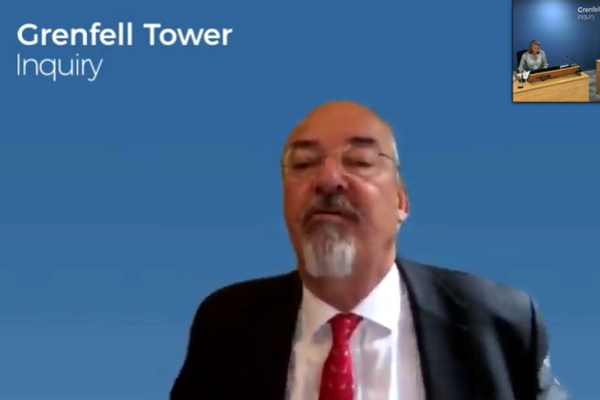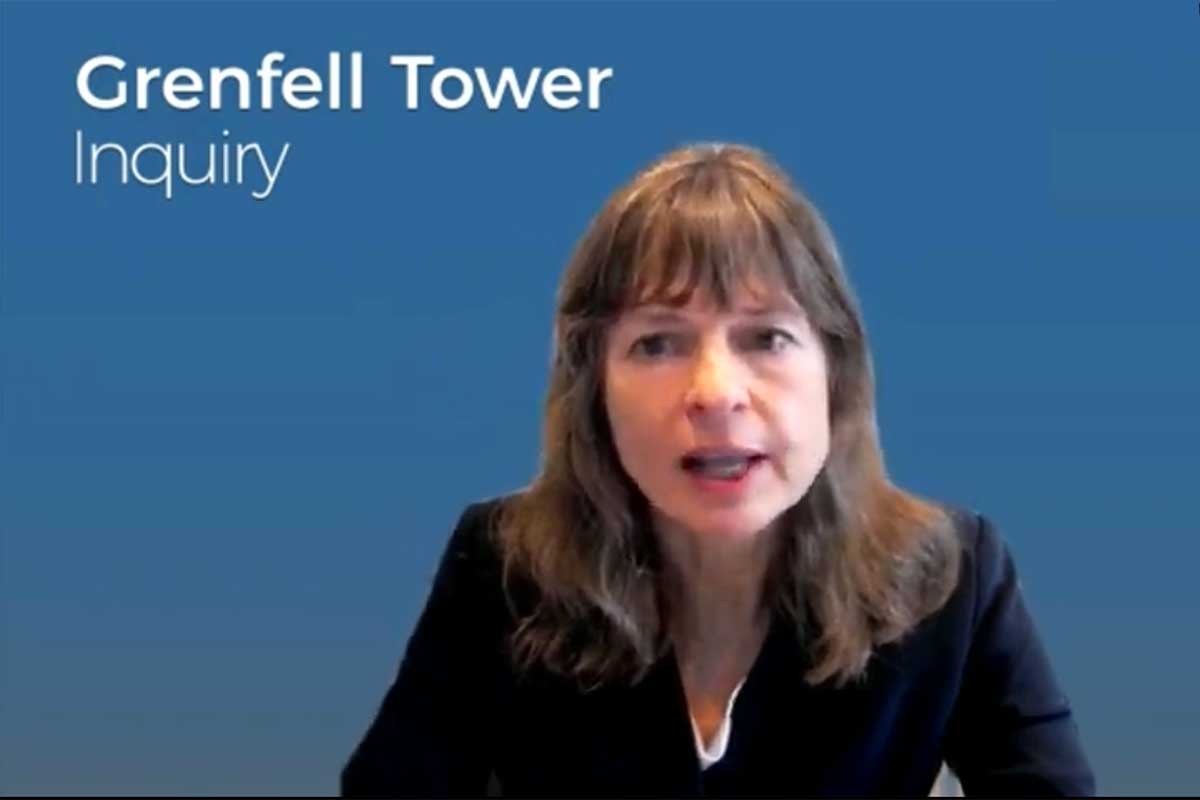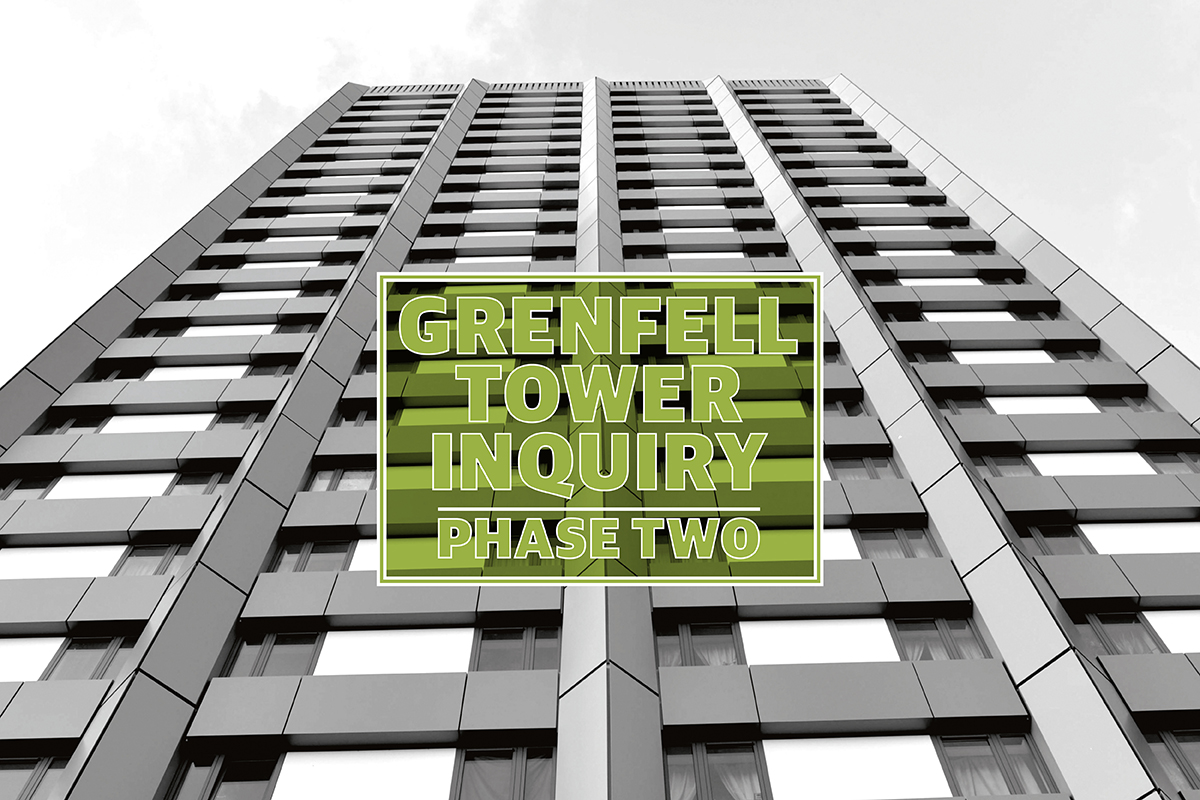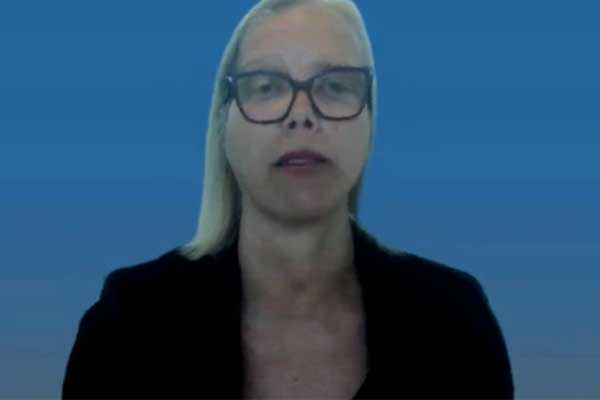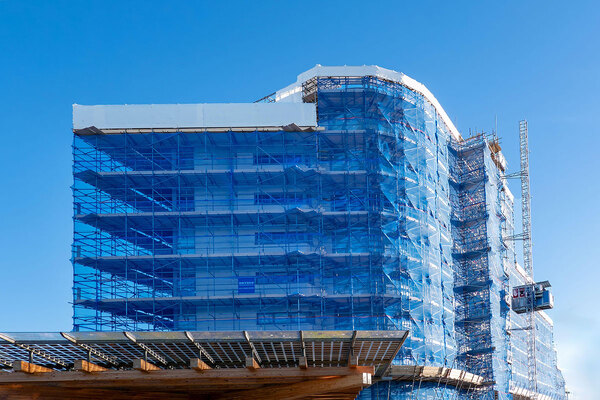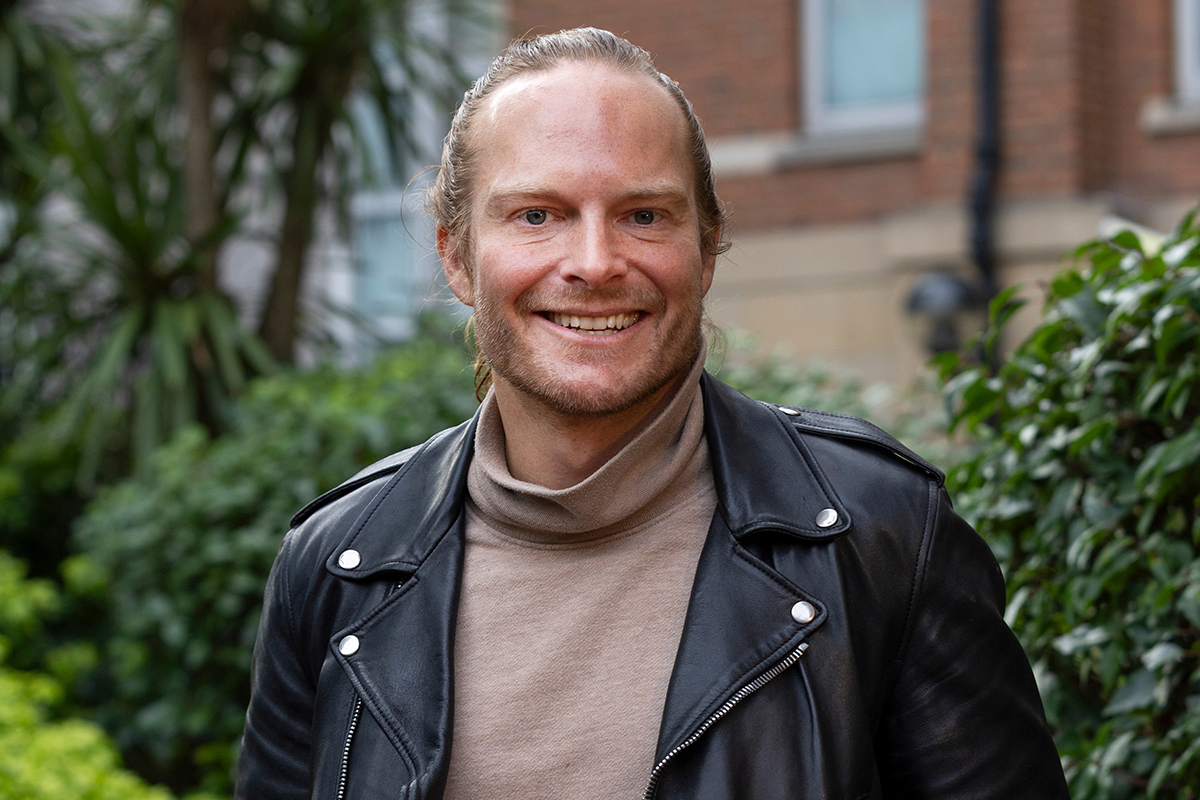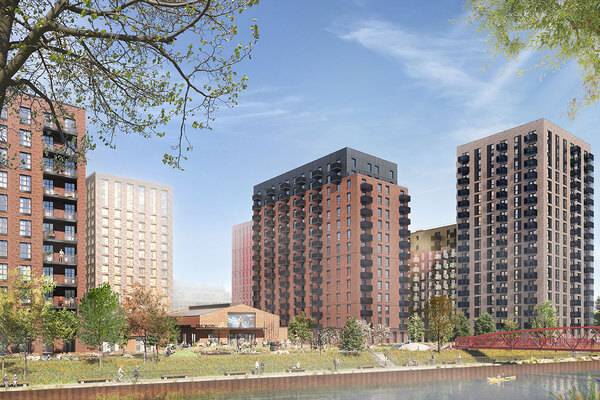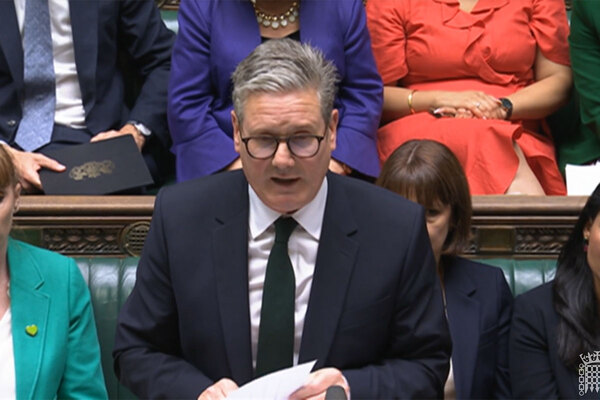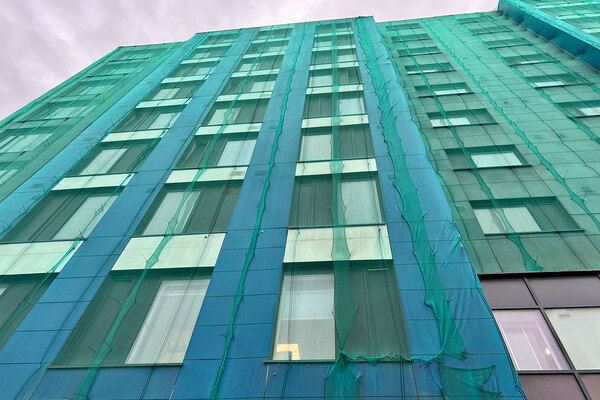LFB ‘closed-minded and parochial’ before Grenfell and ‘unable to cope’ with emergency beyond normal fire, lawyers for community say
The London Fire Brigade (LFB) was “unacceptably closed-minded”, “isolationist” and “parochial” in the years before the Grenfell Tower fire and was beset by a culture that left it unable to cope with an emergency “beyond the normal or standard fire”, lawyers acting for bereaved and survivors said today.
The claim came as the Grenfell Tower Inquiry heard opening statements for the section of its investigation focusing on the LFB’s actions in the years before the blaze.
Speaking for one group, Danny Friedman QC said that the blaze saw the brigade face “the limits of its competence”.
“The depth of its deficiencies exposed an organisation that could not cope with an emergency beyond the normal or standard fire,” he said.
He warned that the country still has “a fire service that is incompetent to meet contemporary challenges” and called for a “multidisciplinary national transformation process”, saying: “If not now, then when?”
He said that an “inescapable function” of the fire service was to compensate for errors in architecture and design and said neither “gross negligence of the contractors” or “the economics of successive governments” could serve as “full excuses” for the failures on the night.
“There are aspects of the LFB’s undoing at Grenfell Tower that were caused by the culture of the organisation, caught in its traditions, fiercely cared for by its unions. Its heroic status makes it rare for it to face public criticism, but that in turn makes it hard to honestly assess its deeper limitations,” he said.
Imran Khan QC, acting for another group of survivors, said: “It is not a situation in which it can be said that, had we known then what we know now, lives could have been saved. The simple fact is that the LFB did know. They knew and lives could and should have been saved.”
Professor Leslie Thomas QC, appearing for a third group, said that the LFB had not yet faced up to mistakes made on the night, adding: “The lack of contrition is frankly insulting to the bereaved, residents, survivors and the Grenfell community.”
During the statements, the inquiry heard:
- Information about cladding fires was not passed on to operational firefighters, with the LFB displaying “an isolationist and parochial” approach by not responding to warnings from overseas
- Kent Fire and Rescue Service adopted an alternative to total reliance on ‘stay put’ for high rises from as early as 2010, which an expert believes would have resulted in a better outcome at Grenfell Tower
- Another expert believes that if used correctly, equipment on the night was capable of sending a jet of water to the very top of the tower
- A critical internal report after the Lakanal House fire was “shelved” by senior officers
- Boris Johnson was accused of having a “cruel agenda” in the implementation of fire service cuts during his time as London mayor
Lawyers representing the Fire Brigades Union, the Fire Officers Association and the London Fire Commissioner gave their own opening statements in the afternoon.
Describing a management system that was “highly resistant to change”, Mr Friedman said that most LFB managers were promoted from the grassroots and had then promoted “those coming up behind them without what would now be regarded as transparent and fair procedures”.
Asking why a “conservative and quite fearful workplace culture continues to prevail in what is otherwise a courageous community of people”, he quoted a cultural study of the fire service written by a former firefighter in 2001.
He said this involved a “heroic and still highly male-gendered need to get into the fire” and the sense of a divide between “the notional frontline and those non-operational theorists who focus on prevention and policy”.
“What [bereaved and survivors] wanted was not heroes, but well-trained professionals working to a well-structured plan,” he said.
Mr Thomas said that the LFB had displayed a “fear of the new” in the years before Grenfell, adding that: “Cultural inertia within a public organisation such as the LFB is short-sighted and dangerous.”
Questioning why training did not equip firefighters to consider evacuation, as has happened at other blazes around the world including recently in Milan, Mr Friedman called the LFB “a depressed learning environment”.
He said that senior officers at the organisation were aware of the risk of cladding fires and had even developed PowerPoint presentations on their prevalence around the world.
However, he said these were “adapted by members of the fire safety and enforcement department in 2015 to be delivered in training only to themselves, without anyone apparently thinking to translate the slides into a training package for fellow firefighters”.
He said that as new policies were developed in 2016, including those specifically covering the evacuation of high-rise buildings, policy leaders attended various conferences where large cladding fires were mentioned but did not circulate them to the organisation.
He said that the officers claimed that the details of the fires were either too limited to be of any use, or that they made an unfounded assumption that they occurred in countries with weaker regulatory systems.
“If these explanations are genuine, they amount to an admission of unacceptable closed-mindedness and constitute a fatal breach of health and safety obligations to inform, train and prepare,” he said. “The LFB repeatedly presents itself as a world leader, but on this, the largest brigade in a significant global capital city, it is incongruously isolationist and parochial.”
Mr Khan said the brigade also had the warning of the Shepherd’s Court fire in August 2016. He said an Inside Housing article following that blaze had been sent to senior officers by the LFB’s media team – with a quote referring to the “catastrophic” consequences of such a fire in a building with a stay put policy highlighted.
Mr Friedman said that following the Lakanal House fire in 2009, and the coroner’s inquest that concluded in spring 2013, an internal report revealed serious defects in training to comply with requirements to risk-assess properties.
But he said this report was “effectively shelved” by a senior officer, despite assurances given to the Lakanal House working group that the LFB was compliant.
On the stay put policy specifically, he said an alternative approach (called RICE, which stands for rescue, intervention, containment, escape) had been developed by Kent Fire and Rescue Service from 2010.
Mr Khan (above) said this policy specifically envisioned the reversal of stay put advice, and had been explained to senior LFB officers by its founders.
He said the view of the inquiry’s expert was that the approach in Kent “would have potentially made a difference at Grenfell even taking into account the practical difficulties” and would have been “preferable to the approach followed by the LFB”.
Mr Friedman said that stay put was founded on a “continuing fear and mythology about the panicking crowd” that was not justified by evidence. “The consequence is that the firefighters see themselves as the rescuers in the story, rather than facilitators of residents being the co-respondents in their own escape,” he said.
Mr Thomas called it “astonishing” that the opening statements of the fire commissioner and the FBU continue to defend the decision of the first incident commander, Michael Dowden, not to lift the stay put advice. He said that “instead of facing its fear, [the LFB] has chosen to ignore it”.
Mr Thomas also referred to cuts made to the fire service by Boris Johnson in his role as mayor of London, saying the current prime minister had a “cruel agenda” for cutting the brigade’s budget, and adding that these cuts directly impacted the brigade’s ability to discharge its duties.
Mr Friedman also referred to new expert evidence, which will be discussed in more detail later in the inquiry, which suggests the equipment present on the night would have been capable of sending streams of water to the top of the building.
He said this had not happened because of a “fundamental misunderstanding of the technical features of water supply and the consequential failure to alter incident strategies to secure greater water flow”.
While this is unlikely to have helped extinguish the fire, he said, it could have helped prevent downward spread of fire and given residents longer to escape – as evidenced by the late escape of residents on floors where water was directed externally.
“This is an extraordinary possibility for the [bereaved and survivors] to have to contemplate four years after the fire,” he said.
Mr Khan also expressed frustration with the inquiry for failing to have sought more documents covering the issue of equality and diversity within the LFB.
He cited an interview with current commissioner Andrew Roe in The Guardian in which Mr Roe admitted to “a culture of casual racism and misogyny” within pockets of the organisation.
Mr Khan said: “We submit that any organisation in which there’s clear evidence of racism and misogyny, as accepted by its chief officer, must at the very least consider whether it is capable of delivering an appropriate service to a population as diverse as that which exists in London.”
Earlier, Richard Millett QC, counsel to the inquiry, had said factual witness evidence for this module would last for 14 days, followed by three expert witnesses. This will make it the shortest of the inquiry’s modules so far.
It will look at the adequacy of visits carried out by LFB officers in the years leading up to the fire; training, with a particular focus on evacuation; and alternative firefighting strategies for high-rise buildings.
The inquiry continues.
Sign up for our weekly Grenfell Inquiry newsletter
Each week we send out a newsletter rounding up the key news from the Grenfell Inquiry, along with the headlines from the week
Already have an account? Click here to manage your newsletters
